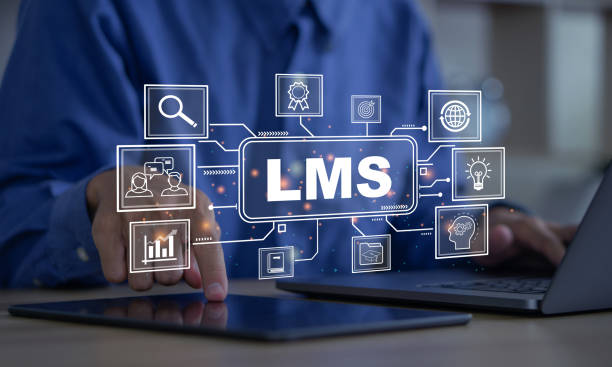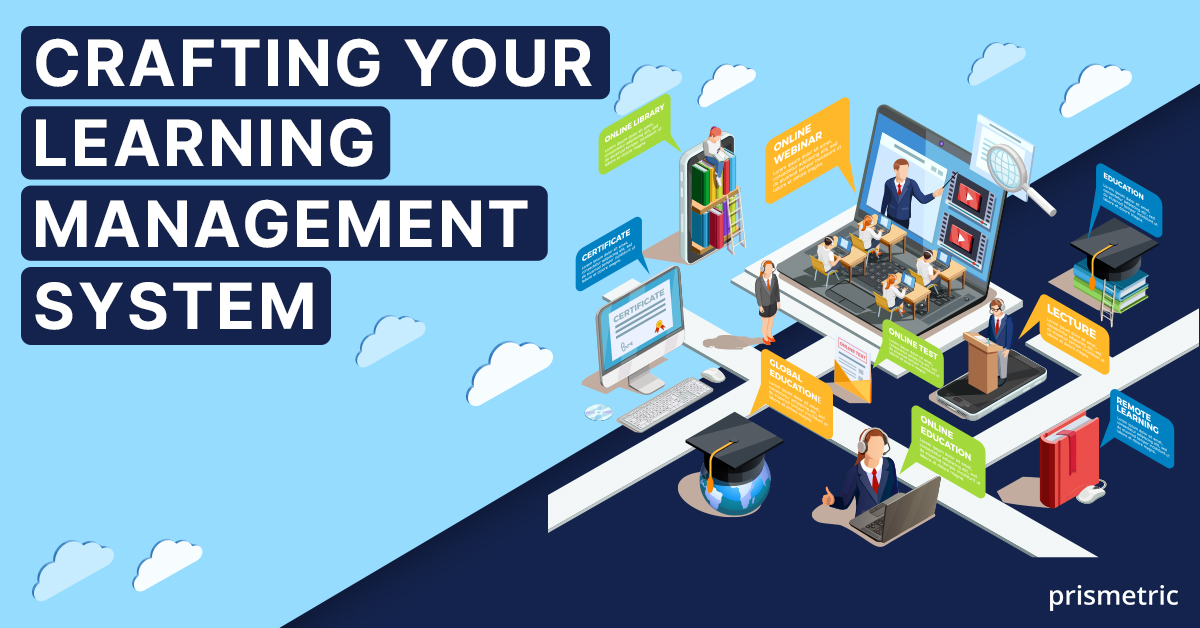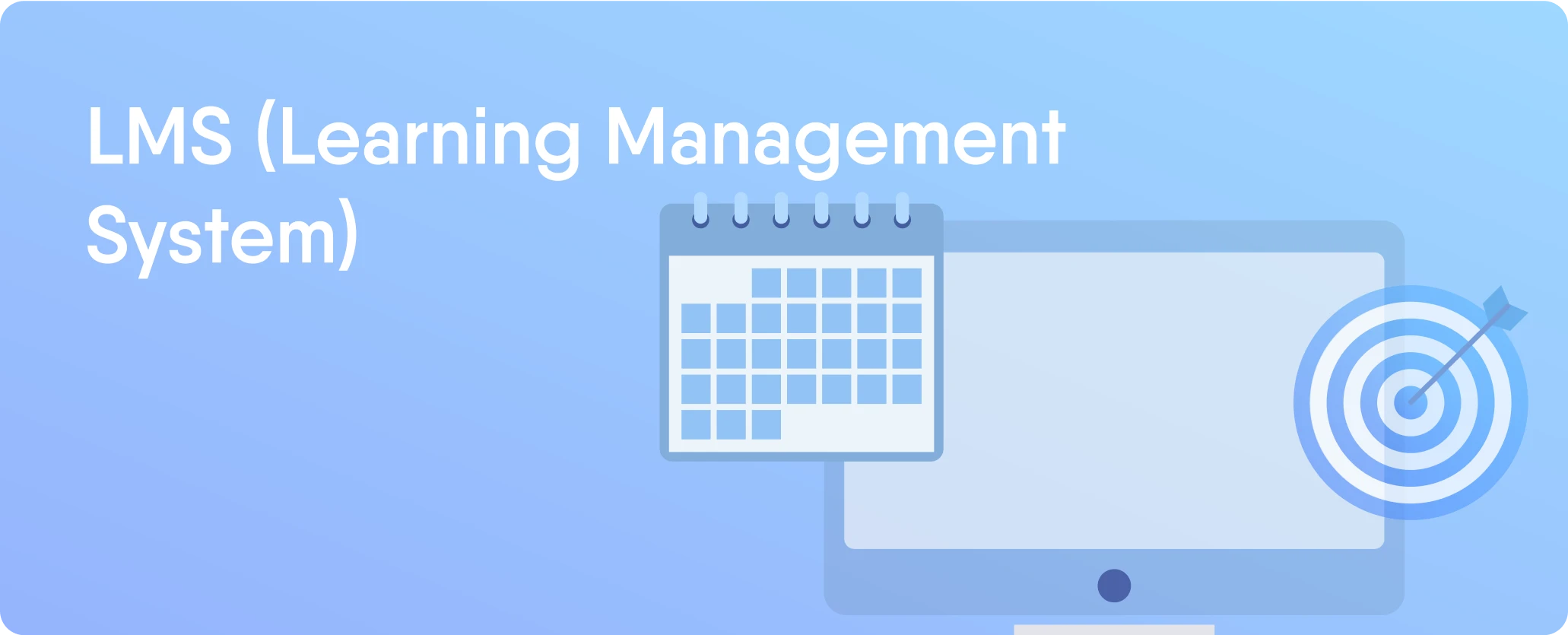Selecting the most effective Discovering Administration System for Your Organization
Picking the optimum Knowing Management System (LMS) for your company is a complex decision that calls for mindful consideration of various elements. From specifying accurate knowing objectives that reverberate with your calculated vision to assessing customer experience, each aspect plays a critical duty in the general efficiency of the system. In addition, comprehending combination capabilities and making certain scalability for future requirements can not be neglected. As companies pursue performance and growth, the choice of an LMS becomes significantly substantial. What are the critical factors to consider that can affect your decision-making process?
Define Your Discovering Objectives
Defining clear discovering purposes is important for the effective execution of a Learning Administration System (LMS) These purposes work as a roadmap, directing the advancement of material, analyses, and total training methods within the LMS. By establishing particular, quantifiable, possible, relevant, and time-bound (SMART) goals, organizations can make certain that the learning experiences are lined up with their critical objectives and learner needs.
Effective knowing goals must envelop what students are anticipated to recognize or be able to do upon completion of a course or training program. This clarity not only aids in material development yet also facilitates the analysis of learner development and the overall effectiveness of the LMS. LMS SG. In addition, distinct goals allow stakeholders to examine whether the selected LMS functionalities and features straighten with their instructional objectives.
Assess Customer Experience
Once finding out purposes have been established, evaluating user experience becomes a vital following action in picking an appropriate Learning Monitoring System (LMS) Customer experience incorporates the general contentment and convenience with which students engage with the system. A properly designed LMS must assist in intuitive navigating, making certain that individuals can situate courses, products, and assistance effortlessly.
To analyze user experience, take into consideration conducting usability testing with a depictive sample of end-users. This can supply valuable insights right into how learners involve with the system. Key variables to assess consist of the LMS's user interface design, access features, mobile compatibility, and the clearness of guidelines offered. Individual responses is critical; collecting studies or conducting interviews can disclose usual pain factors and areas for enhancement.
In addition, evaluate the schedule of assistance resources, such as tutorials and assistance facilities, which can improve the user experience. The responsiveness of customer assistance is also critical; timely assistance can considerably minimize aggravations that individuals may run into. Inevitably, picking an LMS that focuses on individual experience not only enriches the learning procedure yet additionally cultivates greater interaction and complete satisfaction among learners.

Evaluate Combination Capacities
Recognizing the significance of seamless functionality, assessing combination capacities is important when selecting a Knowing Administration System (LMS) An efficient LMS needs to promote interoperability with existing systems, such as Personnel Administration Solution (HRMS), Client Connection Administration (CRM) platforms, and other academic tools. This integration enhances information flow, decreases administrative problems, and ensures a natural discovering atmosphere.
When evaluating an LMS, consider the kinds of assimilations used. Search For Application Programming User Interfaces (APIs), Single Sign-On (SSO) capabilities, and pre-built adapters that enhance integration procedures. Furthermore, verify the LMS's capacity to integrate with third-party devices, such as content libraries my website or analysis platforms, which can significantly enrich the discovering experience.

Think About Scalability and Flexibility
As companies progress, the ability of a Learning Monitoring System (LMS) to range and adjust becomes increasingly important. A scalable LMS can fit development in individual numbers, course offerings, and web content without jeopardizing efficiency or individual experience. As organizations broaden, whether via enhanced employees, new places, or varied training needs, the LMS must seamlessly expand along with these changes.
Adaptability is equally necessary; an effective LMS needs to sustain various discovering methods, such as online, blended, and mobile discovering. This flexibility allows organizations to react rapidly to arising trends in training and advancement, ensuring that they can provide pertinent and engaging understanding experiences - LMS Singapore. In addition, the system should supply adjustable attributes, enabling organizations to tailor the LMS to their particular demands and branding
Additionally, an adaptable LMS needs to integrate easily with existing platforms and devices, helping with a natural learning ecological community. Therefore, when picking an LMS, it is critical to analyze not just its existing capacities yet additionally its possible to adapt and grow abreast with the company's critical objectives and progressing discovering requirements. This foresight can significantly enhance the long-term viability of the picked LMS.
Testimonial Expenses and Budgeting
When assessing a Knowing Management System (LMS), assessing prices and budgeting is necessary to make sure that the investment aligns with the company's monetary capabilities and critical goals. Organizations must begin by identifying the complete expense of ownership, which includes licensing fees, execution expenses, maintenance, and any kind of added costs such as training and technical assistance.
It is crucial to contrast different LMS options, as pricing models can vary substantially amongst suppliers. Some systems may supply a subscription-based model, while others may bill a single fee. Organizations ought to likewise take into consideration the scalability of the LMS; as they grow, the expense framework might change, impacting long-lasting budgeting.

Conclusion
Choosing a proper Understanding Management System (LMS) is necessary for achieving organizational knowing goals. A thorough assessment of individual experience, assimilation capabilities, scalability, and economic factors to consider guarantees that the picked LMS aligns with critical objectives and student demands. By methodically resolving these factors, organizations can enhance learning end results, promote smooth procedures, and assistance future development. Eventually, the ideal LMS acts as a crucial device in cultivating a reliable discovering setting and driving business success.
Picking the optimum Understanding Administration System (LMS) for your organization is a multifaceted decision that calls for cautious consideration of various components.Specifying clear discovering goals is vital for the successful implementation original site of a Learning Management System (LMS)Once learning objectives have actually been developed, examining individual experience ends up being a crucial following action in selecting a suitable Understanding Administration System (LMS)As companies develop, the ability of an Understanding Administration System (LMS) to range and adjust becomes progressively vital.Choosing an ideal Knowing Monitoring System (LMS) is vital for attaining organizational discovering objectives.